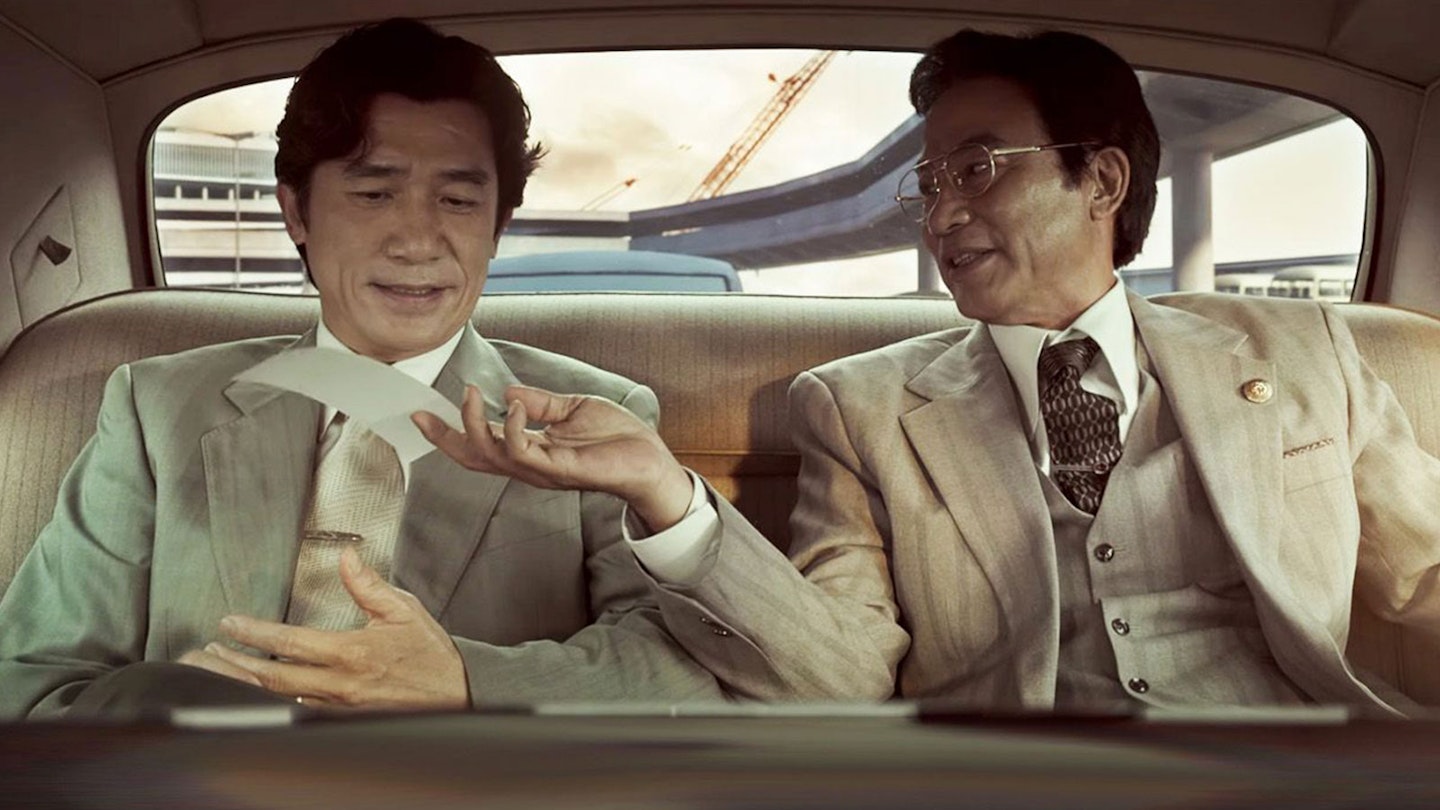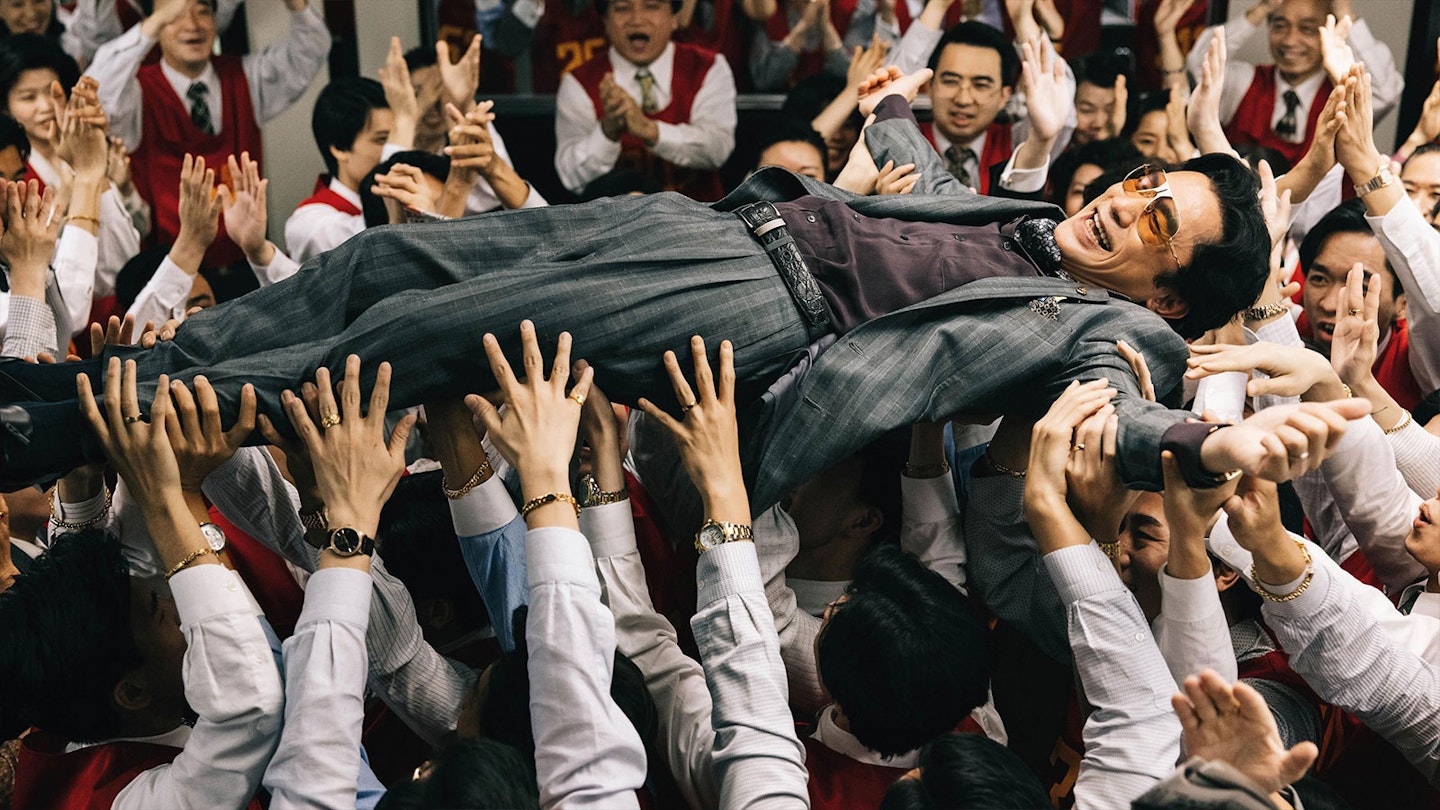It has been over two decades since Andy Lau and Tony Leung Chiu-wai faced off in the Hong Kong police thriller Infernal Affairs, the film that Martin Scorsese remade as The Departed to Oscar-winning effect. It almost seems fitting, then, that writer-director Felix Chong (who also wrote Infernal Affairs) has seemingly cherry-picked from the best of Scorsese’s back catalogue in creating a sweeping crime drama that emulates the wealth, greed and violence of some of the director’s most iconic films.

Leung plays Henry Ching, an engineer who comes to Hong Kong at the start of the property boom to make his fortune. Gifted with a hustler’s mindset, it isn’t long before he’s sucked into the decadent world of ’80s property development — filled with scheming lawyers, spoilt trust-fund babies and potentially ruthless partners. The film is packed with a level of excess that recalls scenes from The Wolf Of Wall Street and GoodFellas, meanwhile Leung’s Ching is reminiscent of the likes of Jordan Belfort and Henry Hill as he builds an increasingly opulent empire upon shifting sands, drawing the attention of Lau’s ICAC investigator and his army of forensic accountants.
In the end, the only poor investment turns out to be the audience’s time.
Just as The Wolf Of Wall Street introduced those unfamiliar with the world of high finance to penny stocks and pump-and-dump schemes, The Goldfinger flings audiences into the world of property-market manipulation. Unfortunately, this isn’t as exciting as one would hope. While we see the rewards of Ching’s schemes, it’s not entirely clear how he reaped them, with assorted deals and decisions skirted over. The jumping chronology also doesn’t help matters, with Ching going from penniless engineer to multi-millionaire in a single scene transition.
Frustratingly, for a film that is marketed around the reunion of Lau and Leung, the two leads are — not unlike Infernal Affairs — kept apart for most of the film, only sharing screen-time in a scant few scenes. The cutting between the two storylines of embezzler and investigator feels very one-sided, with Lau’s righteous officer of the law feeling under-baked. While Ching’s reckless investments should have set the scene for an exciting cinematic rollercoaster, in the end, the only poor investment turns out to be the audience’s time.
